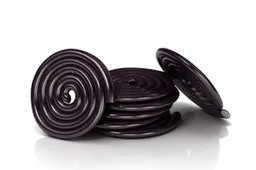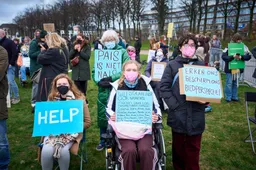
Schaliegasboringen in Nederland zijn voor de PvdA niet langer taboe. 'Als het schoon en veilig kan, moeten we dit doen', laat parlementariër Jan Vos na lang wikken wegen weten. Daarmee is er een kamermeerderheid voor deze vorm van energiewinning. Dat meldt De Telegraaf woensdag. Schaliegasboringen zijn controversieel, omdat er bij het proces chemicaliën worden gebruikt. Ook zijn er zorgen over de veiligheid van het grondwater, dat mogelijk ernstig vervuild kan raken als een boring fout gaat. 'We moeten nu gaan beslissen hóé we het gaan doen. De chemicaliën die worden gebruikt moeten natuurlijk wel netjes worden opgevangen, maar ik ben daar positief over. Er worden steeds veiliger technieken ontwikkeld', aldus Vos.
POPULAIR NIEUWS

Goed nieuws: Trump dreigt EU uit Amerikaanse wapenmarkt te zetten

19 snacks die je bloeddruk op natuurlijke wijze kunnen helpen verlagen

Hoe ongezond is drop? En hoeveel kan je per dag veilig eten?

Kabinet komt met extra boete op ziek zijn, snijdt fors in uitkering langdurig zieken

Bom onder Royals: 'Charles wist sinds 2019 van Andrews wangedrag'

Trump zegt ziekenhuisschip naar Groenland te sturen
Loading